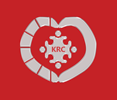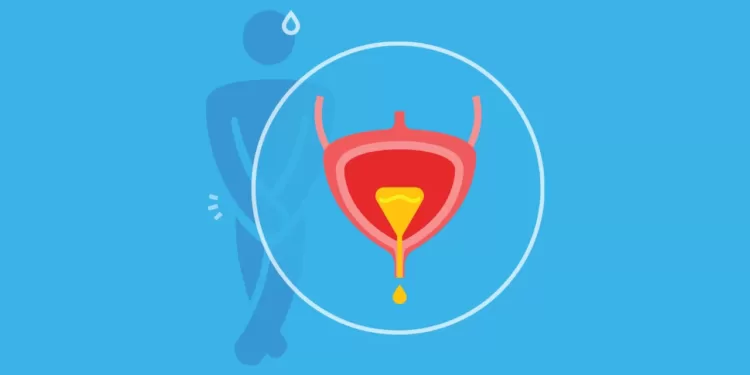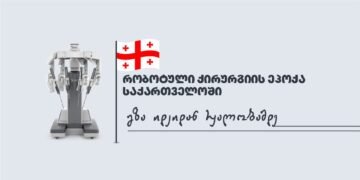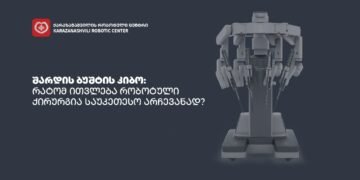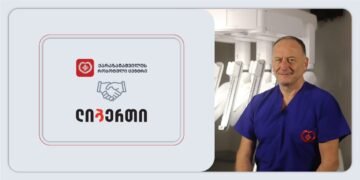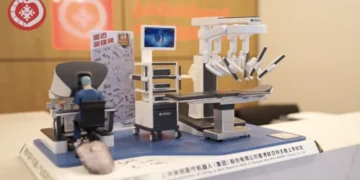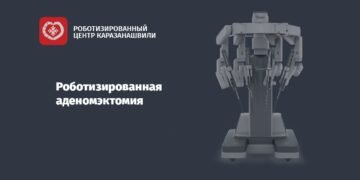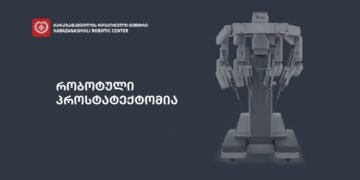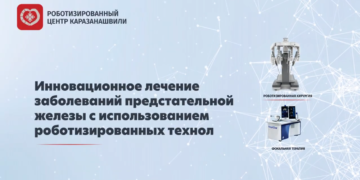Urinary incontinence in men — the involuntary leakage of urine — causes significant discomfort and is an equally important issue for both women and men. In men, the causes of urinary incontinence can be either urological or neurological. Understanding the types of urinary incontinence can help identify the underlying cause and find the appropriate treatment.
Types of Urinary Incontinence
There are four main types of urinary incontinence:
- Stress incontinence: Occurs when pressure is exerted on the bladder during activities such as coughing, laughing, or lifting heavy objects.
- Urge incontinence: Involves a sudden, intense urge to urinate followed by involuntary leakage.
- Overflow incontinence: Happens when the bladder doesn’t empty completely and the excess urine leaks out.
- Mixed incontinence: A combination of both stress and urge incontinence.
Causes
As mentioned, one cause of urinary incontinence in men may be neurological conditions — any damage that disrupts the nerve signals going to the bladder.
Among urological conditions, the most significant is benign prostatic hyperplasia (BPH) — the non-cancerous enlargement of the prostate gland. It most commonly affects men over the age of 50.
Hormonal imbalance — particularly a disruption in the ratio of androgens and estrogens — plays a significant role in its development. When an enlarged prostate (BPH) presses against the urethra, it disrupts the normal flow of urine. As a result, the bladder has to exert more force to empty itself. Over time, this increased effort causes the bladder wall muscle to hypertrophy (thicken).
Symptoms of Urinary Incontinence
Gradually, the stream of urine weakens, and the volume of each urination decreases. The bladder fails to empty completely, leading to urinary incontinence.
Involuntary urination may occur during laughter, sneezing, or coughing — when the bladder sphincter muscle is relaxed. Even minimal pressure on the bladder in this state can cause unintentional leakage.
Urgent (urge) incontinence is also common, where a person suddenly feels a strong need to urinate, and the urge is so intense that they cannot control the flow — usually caused by an overactive bladder.
Timely treatment of urinary incontinence is crucial to prevent future complications. Treatment options may include medications, physiotherapy, and surgery, depending on the underlying cause and severity of the condition.
Karazanashvili Robotic Center offers treatment of urinary incontinence using conservative and surgical methods.


